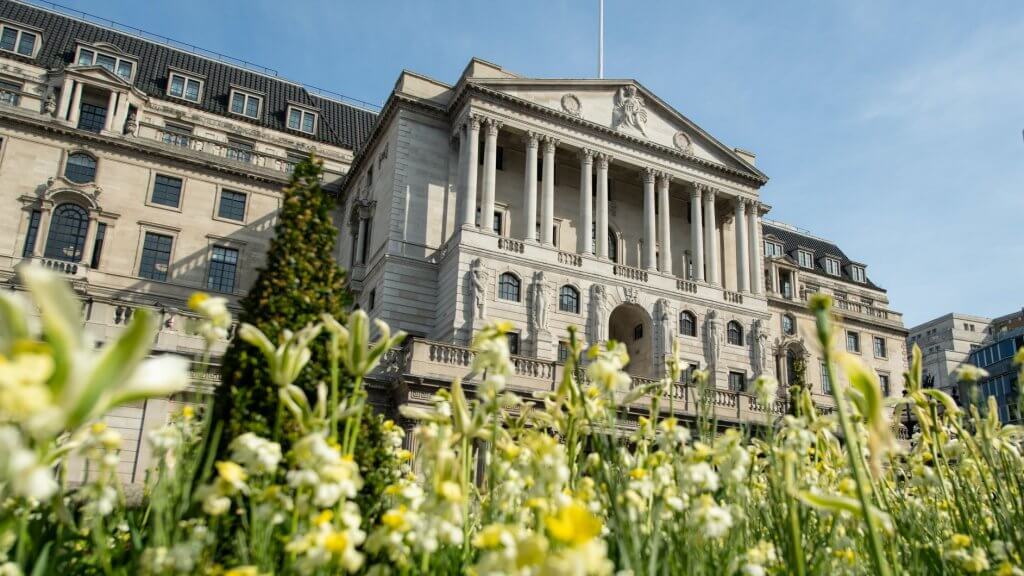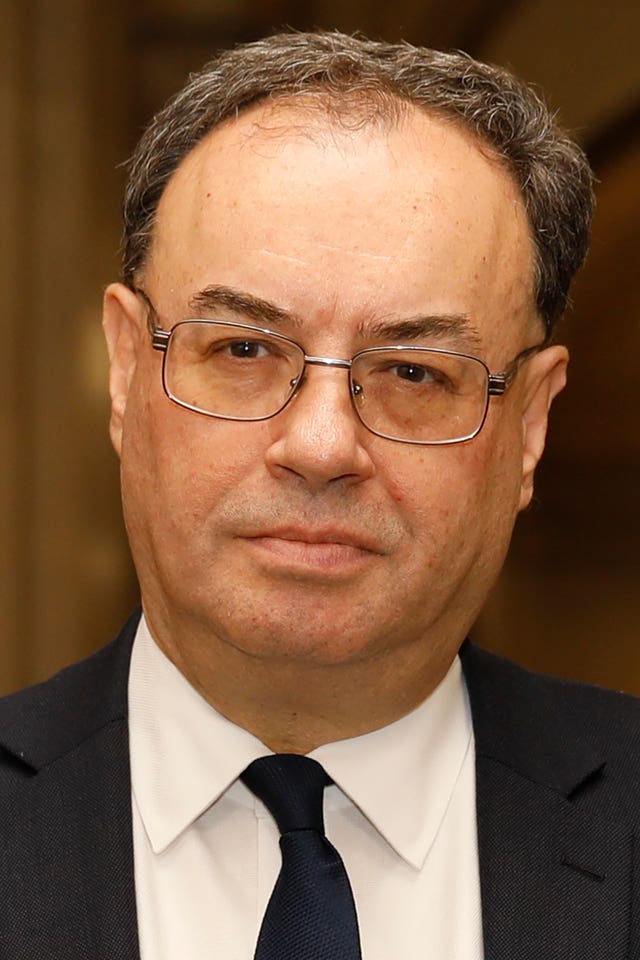Bank Set To Launch More QE After Record Economic Plunge

The Bank of England is set to fire up the money-printing presses once more on Thursday as the coronavirus crisis continues to hammer Britain’s economy.
Economists expect the Bank to announce at least another £100 billion of quantitative easing (QE) after official figures on Friday laid bare the economic toll taken by lockdown, with gross domestic product (GDP) plunging a record 20.4% in April.
But policymakers are seen holding interest rates at the all-time low of 0.1%, despite mounting speculation that the Bank may seek to take UK rates below zero for the first time ever to pull the economy out of its nosedive.

The Bank has already warned Britain is facing the worst recession for 300 years and governor Andrew Bailey has revealed policymakers are actively considering further economy-boosting tools including negative interest rates.
But while he has said it would be “foolish” to rule out any action, the Bank has repeatedly shied away from the idea of cutting official interest rates to below zero for the first time in its 326-year history.
Mr Bailey has said more economic support is likely to come initially in the form of QE in which the Bank buys government bonds from investors, pumping money into the economy in the process.
The Bank has already unleashed another £200 billion of QE in March as the Covid-19 crisis took hold, taking its total to £645 billion.
Two of the nine members of the Bank’s Monetary Policy Committee (MPC) voted for another £100 billion of QE in May and experts believe the call will be backed unanimously at this month’s meeting.
Samuel Tombs at Pantheon Macroeconomics said another fall in inflation, to 0.5% in May, “fully justifies the MPC announcing more QE at tomorrow’s meeting”.
He said: “A key question, however, is whether the MPC will keep repeatedly authorising fairly small sums of extra QE, or whether it will announce a lengthy programme stretching beyond the third quarter, like the European Central Bank.
“In other words, will it opt for a machine gun or a bazooka?”
He believes the Bank will announce another £100 billion of QE in June, followed by £50 billion in September and another £50 billion in December.
But experts at Rabobank predict another £100 billion could follow as soon as August, though they said it was possible the Bank could go “all in” with a full £200 billion on Thursday.
On the prospect of sub-zero rates, they added: “There has been plenty of market chatter and official talk about negative interest rates.
“This option is ‘under review’, but we don’t think that the MPC is ready to explore this avenue.”
Britain’s economy will be the hardest hit among all the developing countries this year, falling 11.5% in 2020 or 14% if there’s a second wave of Covid-19, according to the Organisation for Economic Co-operation and Development (OECD).
This was less gloomy than the Bank’s own analysis in May, when it said coronavirus could see the economy plunge by 14% this year even before factoring in a second peak of the pandemic.
Recent closely-watched sector surveys have given a glimmer of hope, with the pace of contraction slowing as lockdown restrictions eased.
But the purchasing managers index reports still showed the economy firmly in contraction, with worries the recovery will be far slower than first hoped.




